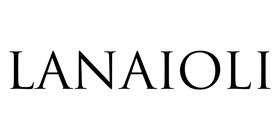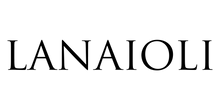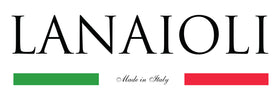Merino wool is one of the most prized and appreciated natural fibers in the world, known for its softness, lightness, and ability to regulate body temperature. However, growing environmental awareness and the desire for more ethical practices have led to the emergence of certifications that guarantee the sustainability of merino wool. In this article, we will explore the main sustainability certifications for merino wool and their impact on the textile industry.
What is Merino Wool?
Merino wool comes from Merino sheep, known for their fine and curly fleece. This wool is particularly valued for its thermoregulating properties, making it ideal for both hot and cold climates. Additionally, merino wool is naturally antibacterial and odor-resistant, which means it requires fewer washes compared to other fibers.
Why is Sustainability Important?
Wool production, if not managed properly, can have a significant impact on the environment and animal welfare. Overgrazing can lead to soil degradation, while practices like mulesing, a painful procedure to prevent parasitic infections, raise ethical concerns. Sustainability certifications aim to ensure that wool is produced responsibly, respecting both the environment and the animals.

The Main Sustainability Certifications
-
Responsible Wool Standard (RWS): Promoted by Textile Exchange, this voluntary certification focuses on animal welfare and sustainable land management. RWS ensures that the wool comes from farms that meet strict animal welfare standards and sustainable farming practices.
-
ZQ Merino: This New Zealand certification ensures that the wool comes from farms that follow sustainable and animal-friendly practices. ZQ standards include pasture management, animal welfare, and wool traceability throughout the entire production chain.
-
SustainaWOOL: Another certification focusing on environmental sustainability and animal welfare. SustainaWOOL promotes farming practices that improve soil health and biodiversity, as well as ensuring that sheep are treated ethically.
-
Global Organic Textile Standard (GOTS): Although not specific to merino wool, this certification covers a wide range of natural fibers, including wool. GOTS ensures that textile products are made with at least 70% organic fibers and that strict environmental and social criteria are met throughout the entire production chain.
The Impact of Certifications
Sustainability certifications not only help protect the environment and animals but also offer significant benefits for consumers and companies. For consumers, certifications provide assurance that the products purchased have been made ethically and sustainably. For companies, certifications can improve brand reputation, increase customer trust, and open new markets.

Challenges and Opportunities
Despite the numerous advantages, adopting sustainability certifications also presents challenges. Traceability of wool throughout the entire production chain can be complex and costly. Moreover, companies must invest in training and infrastructure to comply with the required standards.
However, these challenges also represent opportunities. Companies that adopt sustainable practices can differentiate themselves from the competition and respond to the growing demand for ethical products from consumers. Furthermore, sustainability can lead to greater operational efficiency and long-term savings.
The certification of sustainable merino wool can be a fundamental step for the green transition of the textile sector
The certification of sustainable merino wool is a fundamental step towards a more responsible and environmentally friendly textile industry. Through the adoption of standards such as the Responsible Wool Standard, ZQ Merino, SustainaWOOL, and GOTS, companies can ensure that their wool is produced ethically and sustainably. This not only protects the environment and animals but also offers significant benefits for consumers and the companies themselves. In a world increasingly focused on sustainability, merino wool certification represents a concrete commitment to a greener and more responsible future.







